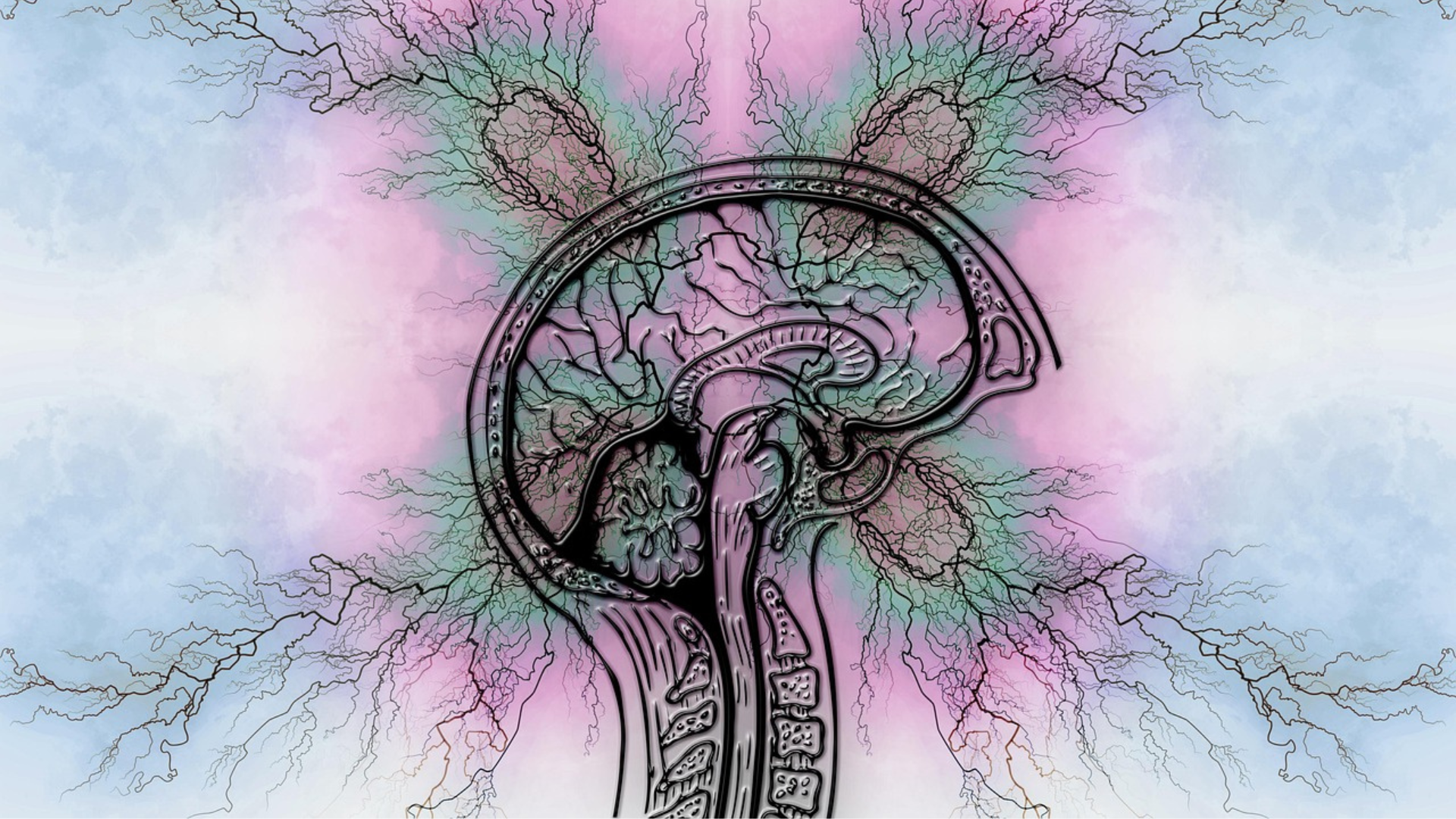The Role of Mental Health in SEN Students
Supporting Emotional Wellbeing
Children and young people with Special Educational Needs (SEN) often face unique challenges that extend beyond academic difficulties. Their emotional wellbeing plays a crucial role in their overall development and success. Addressing mental health needs is essential to help SEN students build resilience, develop social skills, and thrive in their learning environments.
The Link Between SEN and Mental Health
It is widely recognised that children with SEN are at a higher risk of experiencing mental health challenges. According to the National Autistic Society, approximately 70% of autistic individuals experience mental health issues such as anxiety and depression. Similarly, children with ADHD are more likely to struggle with emotional regulation, leading to increased rates of anxiety and low self-esteem.
SEN students often face challenges such as:
- Difficulty in forming social relationships
- Higher sensitivity to stress and change
- Feelings of isolation or frustration due to learning difficulties
Without proper support, these factors can contribute to long-term mental health challenges that affect their academic performance, social development, and overall wellbeing.
The Importance of Emotional Wellbeing in SEN Support
Supporting the emotional wellbeing of SEN students isn’t just about managing their academic needs; it’s about creating an environment where they feel safe, valued, and understood. Research from the British Psychological Society highlights that emotional resilience is key to overcoming challenges and improving long-term outcomes for SEN children.
By prioritising mental health support, we can help SEN students:
- Build confidence and self-esteem
- Develop coping strategies for stress and anxiety
- Improve focus and engagement in learning
- Enhance their social interactions with peers
Strategies to Support Emotional Wellbeing in SEN Students
There are several practical ways to support the emotional wellbeing of SEN students both at home and in school.
Creating a Supportive Environment
A structured, predictable, and nurturing environment can help reduce anxiety and provide a sense of stability for SEN students. Teachers and parents can:
- Use visual schedules to reduce uncertainty
- Offer consistent routines and clear expectations
- Provide a calm and sensory-friendly space
Encouraging Emotional Expression
Helping children identify and express their emotions is key to improving their wellbeing. Techniques such as emotion charts, storytelling, and mindfulness activities can help SEN students articulate their feelings.
Developing Social Skills
Many SEN students struggle with social interactions, which can impact their confidence and sense of belonging. Role-playing exercises, social stories, and peer mentoring programmes can be beneficial in developing interpersonal skills.
Utilising Digital Tools for Mental Wellbeing
Technology has opened new doors for mental health support, and digital platforms like eQuoo are making a significant impact.
How eQuoo Supports Emotional Wellbeing in SEN Students
eQuoo is an innovative, evidence-based app designed to promote emotional wellbeing through gamified learning. The app uses interactive storytelling and psychological techniques to help students develop crucial emotional and social skills in a fun and engaging way.
For SEN students, eQuoo offers several benefits, including:
- Building Emotional Resilience: The app teaches coping strategies to manage stress and anxiety effectively.
- Improving Social Skills: Through engaging scenarios, students can practise navigating social situations in a safe environment.
- Enhancing Self-Awareness: eQuoo encourages self-reflection, helping students understand their emotions and reactions better.
Scientific research supports the use of gamified mental health interventions, with studies showing that interactive learning can improve emotional intelligence and resilience in young people.
Prioritising Mental Health for a Brighter Future
Addressing the mental health needs of SEN students is essential for their personal and academic development. By creating supportive environments, implementing effective strategies, and leveraging innovative tools like eQuoo, we can empower SEN students to build resilience, improve social skills, and achieve their full potential.
To find out more about eQuoo, get in touch using the form below to earn more about how we can support you.


